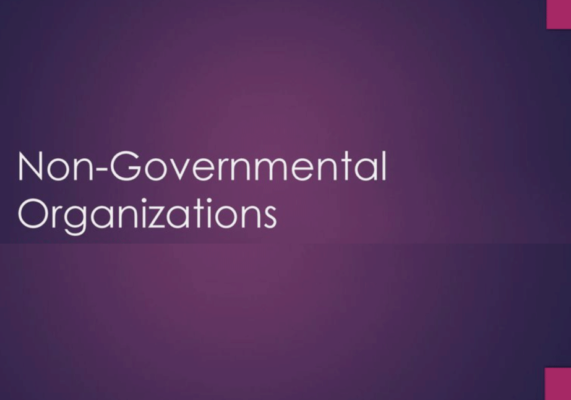
Monitoring and Evaluation (M&E) systems play a crucial role in the effectiveness and accountability of Non-Governmental Organizations (NGOs). These systems provide a structured approach to tracking progress, assessing impact, and improving the efficiency of programs and projects. Here are several key benefits of implementing M&E systems for NGOs:
- Accountability: M&E systems help NGOs demonstrate accountability to their stakeholders, including donors, beneficiaries, and the general public. By collecting and reporting data on program activities and outcomes, NGOs can transparently show how resources are being used and the results achieved.
- Evidence-Based Decision Making: At Bluebell, we understand, M&E systems provide NGOs with empirical evidence to inform decision-making processes. By systematically collecting and analyzing data, NGOs can identify what works, what doesn’t, and where improvements are needed. This allows organizations to allocate resources more effectively and make informed strategic decisions.
- Improved Program Quality: Regular monitoring and evaluation allow NGOs to assess the quality of their programs and interventions. By tracking indicators related to program inputs, outputs, and outcomes, NGOs can identify areas for improvement and make adjustments to ensure that programs are delivering the intended results.
- Learning and Adaptation: M&E systems facilitate organizational learning and adaptation by capturing lessons learned and best practices. Through ongoing monitoring and evaluation activities, NGOs can identify successes and challenges, document experiences, and share knowledge within the organization and with external stakeholders. This enables continuous improvement and innovation in program design and implementation.
- Demonstrating Impact: M&E systems enable NGOs to measure and demonstrate the impact of their interventions on target populations and communities. By collecting data on key performance indicators and outcomes, NGOs can quantify the changes brought about by their programs and communicate the value of their work to stakeholders. This helps build trust and credibility with donors, beneficiaries, and partners.
- Resource Allocation and Advocacy: M&E data can inform resource allocation decisions and support advocacy efforts. By highlighting areas of need and demonstrating the effectiveness of interventions, NGOs can advocate for increased funding, policy changes, and other support from governments, donors, and other stakeholders.
- Risk Management: M&E systems help NGOs identify and mitigate risks associated with program implementation. By monitoring progress and performance indicators, NGOs can detect potential problems early on and take corrective action to address them before they escalate. This proactive approach to risk management helps minimize negative impacts and ensure program success.
- Enhanced Transparency and Communication: M&E systems promote transparency and communication both internally and externally. By regularly reporting on program activities, outputs, and outcomes, NGOs foster open dialogue with staff, beneficiaries, donors, and other stakeholders. This transparency builds trust and strengthens relationships, leading to greater support and collaboration.
Overall, M&E systems are essential tools for NGOs to effectively manage their programs, measure impact, and fulfill their mission of creating positive change in communities around the world. By investing in robust M&E systems, NGOs can improve accountability, enhance program quality, and maximize the impact of their interventions.
Previous Post